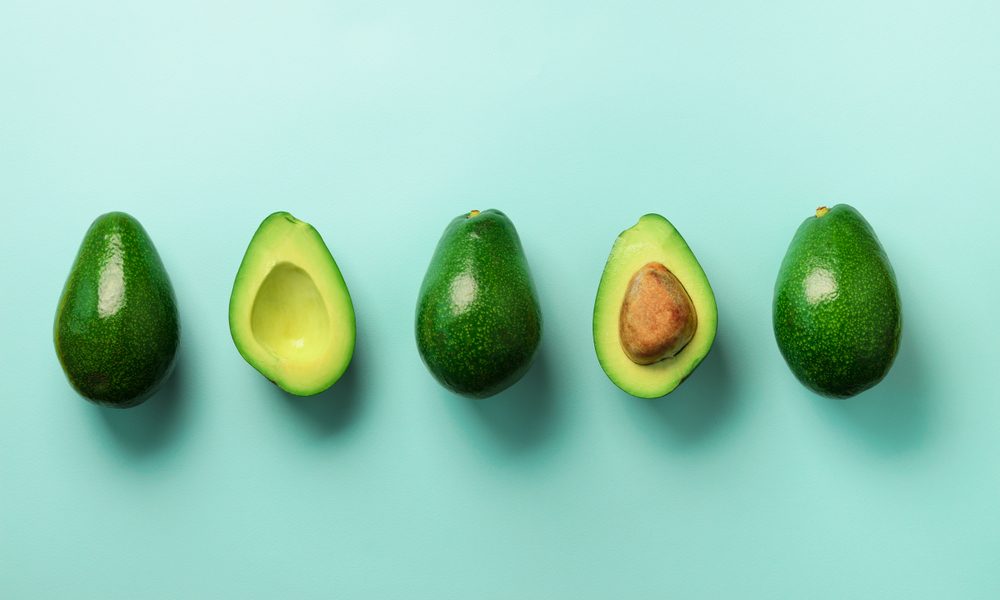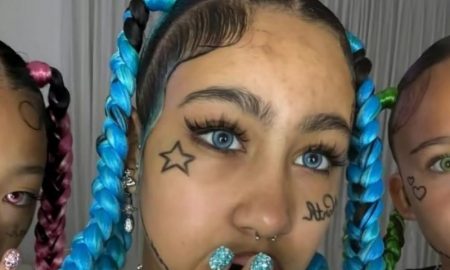
Superfoods for Stronger Teeth and Gums That Your Dentist Isn’t Telling You About

Raise your hand if dentist appointments are your worst nightmare. There’s nothing scarier than the drilling sound in your ear as the doctor chips away at the decayed tooth while you’re lying on the table helplessly, thinking where you went wrong with your oral hygiene.

maxbelchenko / Shutterstock
Brushing twice a day will only get you so far if your diet isn’t healthy. When it comes to keeping your pearly whites, there are certain foods you should avoid, and foods you should be eating more of.
Want to know more? Let’s start from the beginning and find out why diet plays such an important role in our oral health.
Foods You Must Avoid
Brushing, flossing, gargling with mouthwash are all great dental hygiene practices but too much of a good thing can be bad for you. Take mouthwash, for example, which helps reduce plaque, but also ends up killing the good bacteria in your mouth.
These probiotic bacteria are our body’s natural defense against dental diseases and must be replenished with a good diet rich in nutrients and probiotics.

didesign021 / Shutterstock
Bleeding gums, pain in wisdom teeth, and the need to wear braces are all signs that your diet lacks the nutrients needed to ensure healthy jaw growth. When jaws don’t grow properly, teeth can become crooked and our wisdom teeth don’t fit the way they naturally should.
The culprit might be processed foods like pasta, rice, and bread, which aren’t really sweet but act like sugar once they’re consumed. If you’re not able to cut these foods out of your diet completely, try to limit their consumption or replace them with healthier alternatives like whole-wheat pasta, brown rice, and whole-grain bread.
Foods You Should Eat More Of
Instead of sugary, high-carb foods, dentists advise adding more leafy greens and probiotics to your diet. Natural yogurt, kimchi, and sauerkraut are loaded with good bacteria whereas avocados are rich in prebiotic fiber, which is fantastic for the microbiome in your gut and your mouth. Experts also recommend increasing your calcium intake by eating more nuts and dark leafy greens.

Natalia Lisovskaya / Shutterstock
A good diet alone is not enough for healthy gums and teeth. Brushing twice a day with a soft toothbrush is key for maintaining a bright smile. However, it’s important to wait at least 30 minutes after eating to brush your teeth because acidic foods can temporarily weaken your gums and tooth enamel.
More in Uncategorized
-
`
Back-to-School Season Is Here! Here’s How Families Can Save Money
Back-to-school season is here, and so is the money stress. Prices are higher, budgets are tighter, and families everywhere are trying...
September 12, 2025 -
`
This Psychology-Backed Hack Makes Parenting A Lot Easier
Here is something that sounds backwards but is 100% real. Moms with one kid often feel more tired and stressed than...
September 6, 2025 -
`
Do Students Actually Learn Anything in School?
Mindfulness is now a regular part of school life for over a million students in the U.S. It promises to help...
August 29, 2025 -
`
“The Walking Dead” Actress Kelly Mack Dies at Just 33
At only 33, actress Kelly Mack has died, leaving behind grieving fans and friends in the film community. Best known for...
August 23, 2025 -
`
How to Market Your Tech Business for Billion-Dollar Growth in Dubai
Dubai’s business scene is exploding at a rapid pace. With a tech ecosystem valued at $43 billion in 2025 and ten...
August 15, 2025 -
`
Michelle Obama’s ‘Parenting Wisdom’ Earns Her a Next Gen Award
Michelle Obama is being recognized for what millions already admire her for: keeping it real, especially when it comes to parenting....
August 10, 2025 -
`
How to Make Good Habits Stick For Long? 5 Practical Tips
Good habits can change your life, but keeping them alive is the real challenge. Many people start strong and then slowly...
August 3, 2025 -
`
How A Family Crisis Pushed Brad Pitt to Quit Drinking
Brad Pitt hit a wall in 2016. The actor, known for his cool demeanor and A-list charm, found himself in the...
July 27, 2025 -
`
This New York-Based Startup Has Cool Ways of Quitting Cigarettes, Vaping & Zyn
Quitting cigarettes, vaping, and Zyn has always felt clinical, awkward, and kind of lame. But Jones, a New York-based startup, is...
July 18, 2025















You must be logged in to post a comment Login